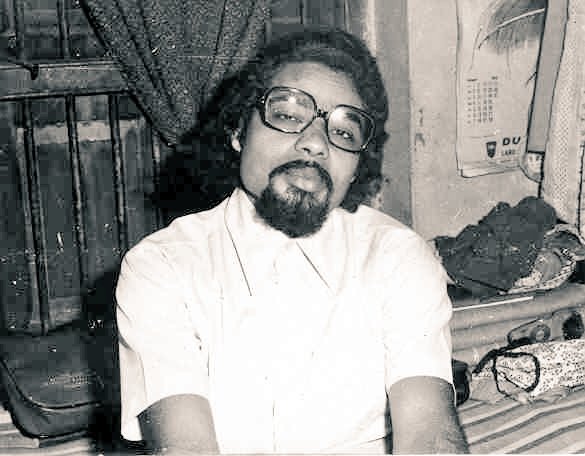Democracy Arrested Then, Threatened Now? Indian PM Modi, Opposition Congress Clash on Emergency Anniversary
Indian Prime Minister Narendra Modi on Wednesday led strong national remembrance on the anniversary of the emergency imposed by Indira Gandhi. He called it a "dark chapter" that saw democracy "placed under arrest." Simultaneously, the opposition Congress hit back, accusing Modi’s government of presiding over an "undeclared emergency" in the country today.
 |
| Bhartiya Jan Sangh Worker Narendra Modi During Emergency Days in 1976. |
Observing Samvidhan Hatya Diwas (Constitution Murder Day), Modi paid tribute to those who resisted the Emergency.
“No Indian will ever forget how fundamental rights were suspended, press freedom extinguished, and thousands jailed simply for opposing the regime,” he stated.
Recalling his own role as a young underground RSS worker during the 19-month crackdown, Modi said the experience shaped his political journey and commitment to protecting constitutional values.
The day also saw the launch of The Emergency Diaries – Years that Forged a Leader. The book chronicles Modi’s covert activism during that period.
Union Home Minister Amit Shah, releasing the book, described how Modi evaded arrest, often in disguise, while organizing resistance.
“The same 25-year-old who opposed dynastic rule back then uprooted it in 2014,” Shah said, linking Modi’s early activism to his later political ascent.
25 जून 1975 को एक तानाशाह द्वारा थोपे गए ‘आपातकाल’ के विरुद्ध पूरा देश एकजुट हो गया और संघ के स्वयंसेवक के रूप में मोदी जी ने भी उस अन्यायकाल के खिलाफ युवाओं को संगठित और जागरूक किया।
— Amit Shah (@AmitShah) June 25, 2025
संघर्ष की ताप में ही नेतृत्व उभरता है। ‘आपातकाल’ के विरुद्ध संघर्ष ने मोदी जी जैसे नेतृत्व को… pic.twitter.com/svsaG7mk1W
However, the Congress countered sharply. The Congress claimed that what began as commemorations of 1975 have become an attempt to divert attention from present-day realities.
“What about the repeated attacks on the media, tax terrorism, and persecution of political opponents? These are hallmarks of authoritarian rule,” Congress leader Jairam Ramesh charged.
The Emergency, imposed by then Prime Minister Indira Gandhi from June 1975 to March 1977, remains one of the darkest episodes in India’s democratic history.
It saw suspension of elections, arrests of opposition leaders, censorship of the press, and curtailment of civil liberties.
Both sides are using the historic anniversary to sharpen their contrasting narratives — one invoking past dictatorship, the other warning of present authoritarian drift.
